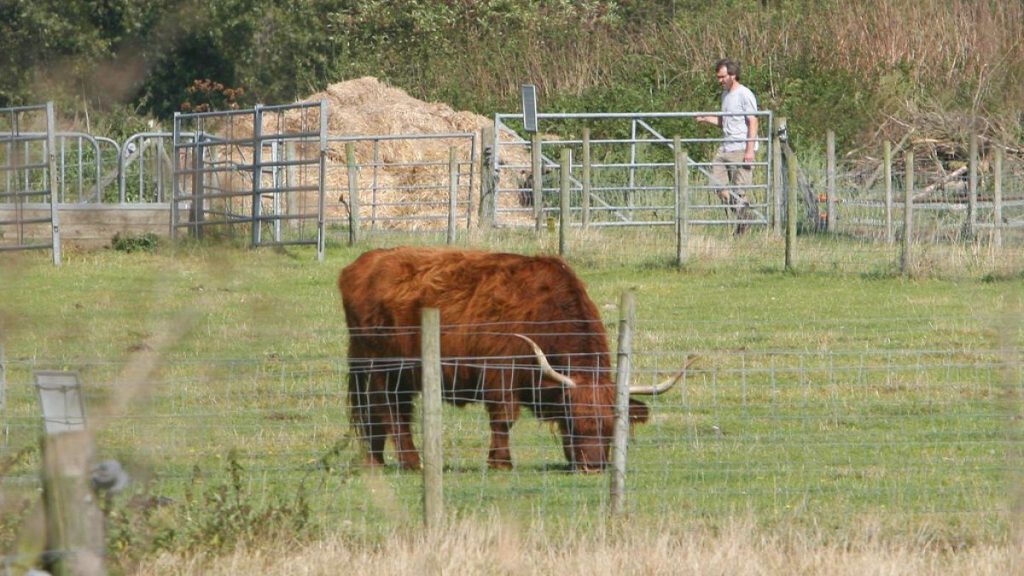A new strain of bluetongue disease has been detected in Europe, with outbreaks reported in several countries. The virus is transmitted by small midges and can affect sheep and cattle, causing symptoms such as mouth ulcers, difficulty breathing, fever, and in severe cases, death. In France, the department of Isère has been hit particularly hard by the new strain, with 31 animals infected and around a hundred more suspected cases. Local authorities attribute the spread of the virus to a delay in recognizing the new strain, resulting in its spread among herds of cattle. Farmers like Cédric Ruzzin have reported significant losses, with animals exhibiting symptoms like weight loss, drooling, and high fevers.
The outbreak of the new strain of bluetongue virus was first observed in Dutch farms before spreading to other European countries, including Germany, Denmark, Belgium, Luxembourg, and France. In Belgium alone, over 500 farms have been impacted by the virus since its initial identification in October 2023. The situation has prompted Belgium’s Federal Minister for Agriculture, David Clarinval, to label the sector as being in a state of crisis due to the significant impact of bluetongue cases. In response to the outbreak, the French government has distributed 6.4 million doses of vaccine to the most affected areas, with 1.1 million doses allocated for sheep and 5.3 million reserved for cattle. Additionally, regulated zones have been established around affected areas in an attempt to contain the spread of the disease.
The severity of the bluetongue outbreak has raised concerns about the potential for a larger epidemic. In addition to Isère, cases of the new strain have been reported in other regions of France, including Nord, Aisne, and Ardennes. This has led to fears that the new strain of bluetongue virus could result in a widespread outbreak across the country. Officials emphasize the importance of timely recognition and response to such outbreaks, as delays can lead to a rapid spread of the virus among livestock. Aurore Tosti, Director of Isère Health Defence Group, highlights the challenges faced in treating the disease once it has already spread among herds, stating that vaccination is the key solution but that it may be too late for some farms.
The impact of the bluetongue outbreak has been devastating for many farmers, such as Cédric Ruzzin, who have seen significant losses among their animals. The disease not only poses a threat to the health and well-being of the animals affected but also has significant economic consequences for the agriculture sector. The French government’s efforts to distribute vaccines and establish regulated zones are aimed at containing the outbreak and mitigating its effects. However, the challenges posed by the new strain of bluetongue virus underscore the need for proactive measures to prevent and control such outbreaks in the future. As the situation continues to evolve, authorities are closely monitoring the spread of the virus and working to protect livestock and farmers from further harm.


